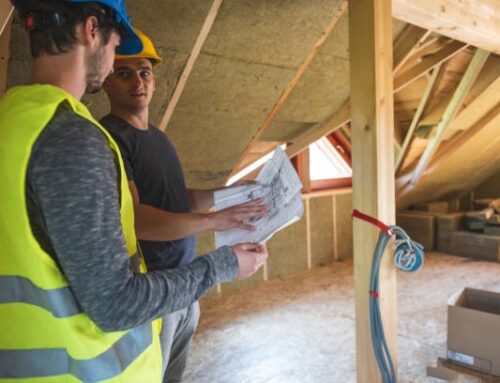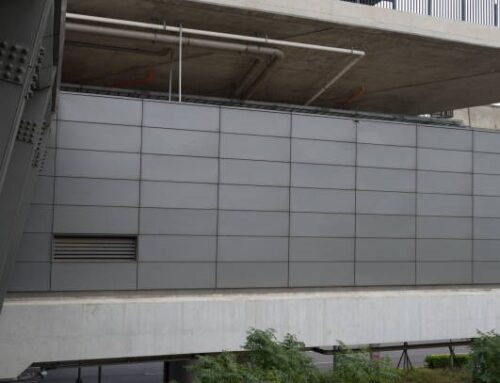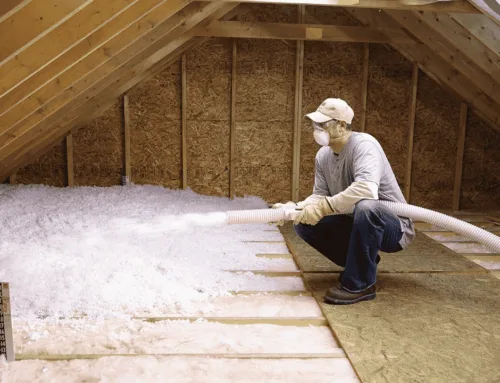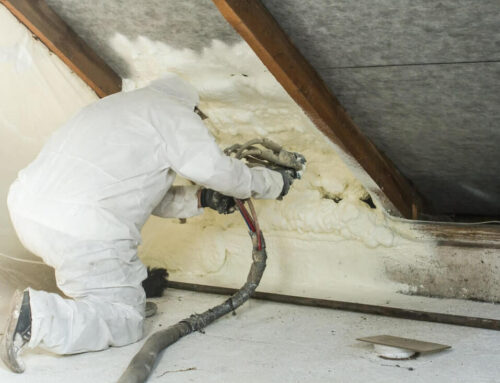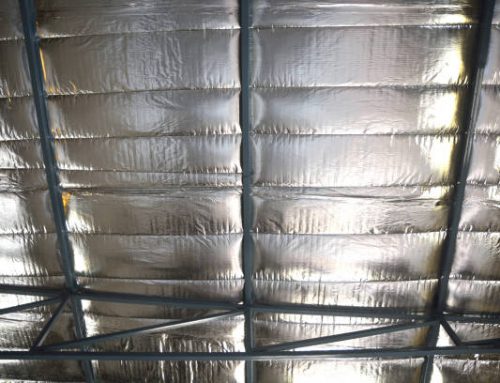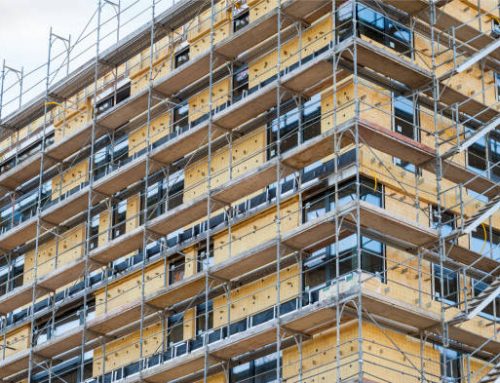Cold, damp, and drafty – these words often describe many basements. But it doesn’t have to be that way. Choosing the right insulation is key to transforming dark, chilly basement spaces into warm, dry rooms.
Of all the insulation options out there, spray foam is uniquely suited for insulating basement walls, floors, and ceilings.
Sealing Ability
Unlike fiberglass batts or rigid foam boards, spray foam insulation fully adheres and seals to surfaces. When applied, the expanding foam fills every crack, gap, and space completely as it cures. This eliminates areas where air and moisture can sneak through in a basement. There are no seams, voids, or misaligned joints for leakage like other insulations.
Spray insulation in Mississauga, ON, forms an airtight, protective barrier between the conditioned basement space and the outside foundation. Proper insulation with spray foam also prevents condensation from forming on basement walls or cold water pipes.
Moisture Resistance
Many types of insulation lose their effectiveness when exposed to dampness and humidity. Fiberglass insulation soaks up moisture like a sponge. But closed-cell spray foam has a dense structure that resists moisture absorption far better. The closed cells of the cured foam don’t take on water readily.
Spray foam contains no paper facing that could promote mold growth when wet either. This makes it suitable for insulating areas like foundation walls that occasionally get minor seepage or moisture exposure. The ability to insulate those unavoidably damp areas in a basement is a huge advantage specific to spray foam.
Versatility
The moldable, expansive nature of spray foam allows it to insulate complex, irregularly shaped spaces. It can easily fit into rim joists, curved walls, angled ceilings, and around obstructions. You don’t have to cut pieces to size or fill gaps by hand. Spray foam completely fills the entirety of the cavity or area it’s applied to without any voids or thinning.
This makes quick work of insulating challenging foundation spaces. Spray foam also excels at sealing around pipes, wires, ductwork, and other elements that puncture basement surfaces. There’s no need to use spray foam for the walls and a different product for everything else.
Durability
Over years of use, some types of insulation will compress down or sag inside the cavity. But once cured, spray foam remains securely bonded. The rigid insulation blanket won’t settle or lose thickness over time.
Spray foam maintains full contact with the wall or surfaces it’s sprayed onto for the entire life of the home. Even minor exposure to moisture won’t impact the insulation value of the spray foam itself. This durability is essential for permanent insulation, like in basements.
Higher R-Value
The R-value represents an insulation’s ability to resist conductive heat transfer. Most closed-cell spray foam formulas provide an impressive R-value between R-5 and R-7 per inch. This thermal resistance allows spray foam to insulate basements using fewer inches compared to options like fiberglass batting.
There’s no need to sacrifice precious headroom in basements to get the required insulation R-values. The high-density foam maximizes insulation coverage in the limited cavity spaces of foundations.
To Wrap Up:
Spray foam is uniquely qualified as the best insulation for basements compared to other products. For cold, damp basements prone to moisture and air leakage, spray foam insulation delivers on all fronts.
Converting a basement into a comfortable living space starts with proper spray foam insulation. Connect with experts at Toronto Spray Foam Kings for basement insulation spray foam in Toronto.
Discussion
Related Posts
If you enjoyed reading this, then please explore our other articles below:

